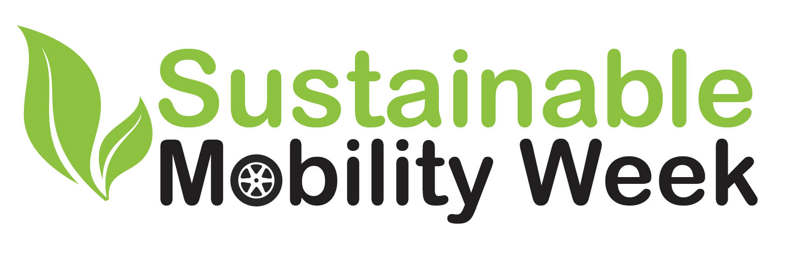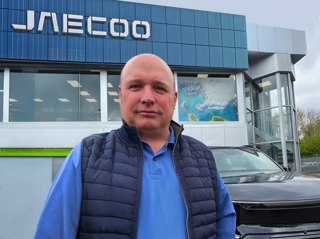
As part of Fleet News’s inaugural Sustainable Mobility Week, programme partner Ayvens carried out in-depth research looking at whether pressure from external stakeholders and activists, teamed with a lack of Government support and clarity, is contributing to a rise in ‘green-silencing’ practices in environmental and sustainability reporting among businesses.
To receive the report simply provide your details below. Ayvens will email it to you on its publication:
Sustainable Mobility Week in association with Ayvens was launched to highlight and help prepare fleet/mobility managers and industry stakeholders for the future, with a focus on sustainable mobility and decarbonisation.
The theme for the week was ‘shaping fleet strategies for the next decade: solutions for today and tomorrow’.
Stephen Briers, Fleet News and Bauer B2B group editor, said: “Launching Sustainable Mobility Week is an opportunity for fleet operators to explore innovative solutions, adopt best practice, understand what it means and promote their commitment to sustainability, ultimately benefiting operations and strengthening your position in the market.”
The week was divided into daily topics, each highlighting a particular element of sustainable mobility, while a webinar brought together a panel of fleet experts to discuss how they are adopting sustainable mobility within their operations.
























Login to comment
Comments
No comments have been made yet.